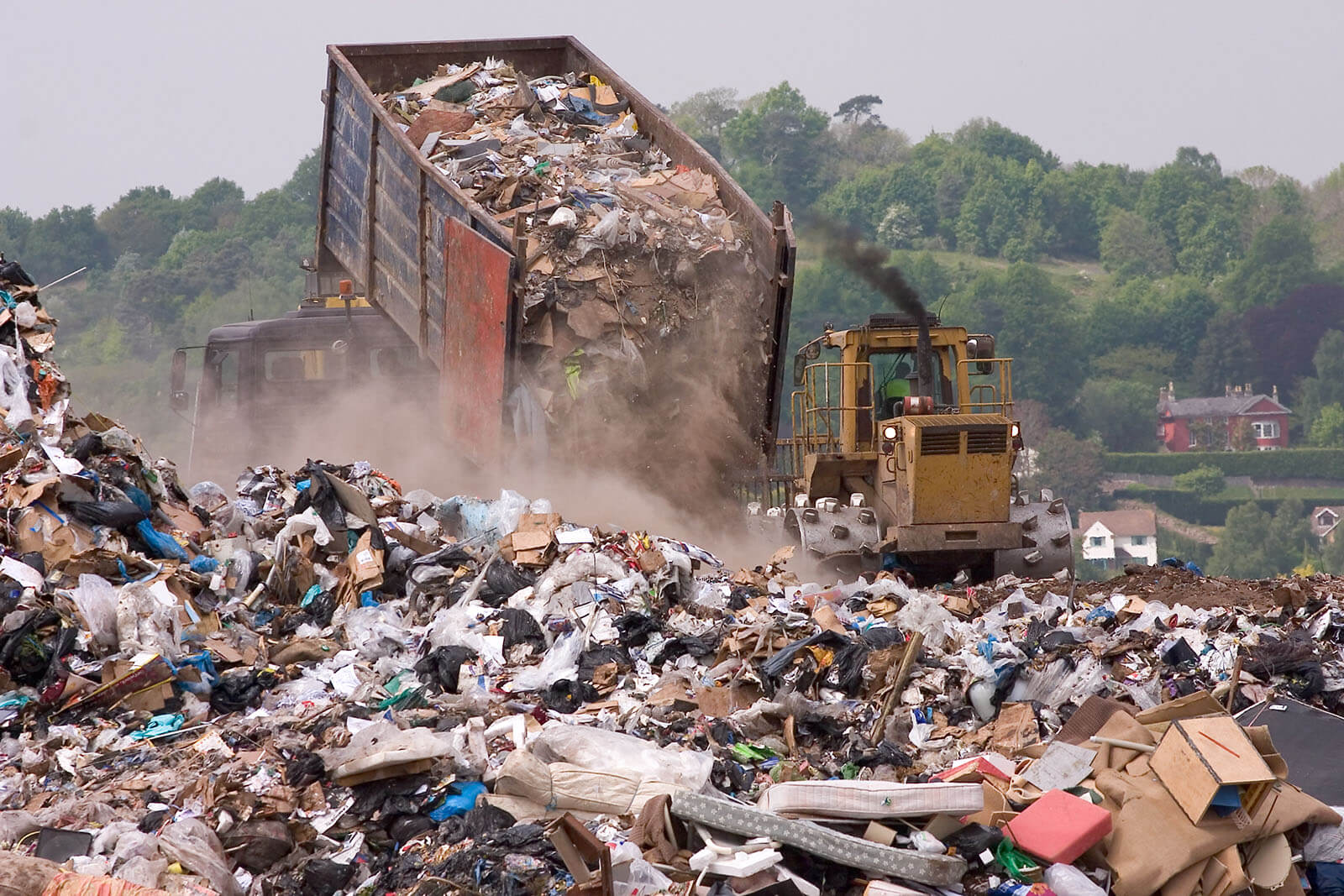With Black Friday upon us again, we’re talking about the impact this landmark day has on the environment. Seemingly becoming increasingly popular each year, is it time we look at our purchases more carefully and the impact that these could be having on our planet?
Some of the main issues arising from Black Friday include the production of items, packaging of the item, delivery of the item and waste or lack of recycling of items. Plus, if something is returned, its shipping impact is doubled.
British Black Friday found that in 2020 in the UK alone, Black Friday emitted 429,000 metric tons of greenhouse gas emissions—that’s the equivalent of 435 return flights from London to New York. The Black Friday weekend will see 82,000 diesel vans and trucks on UK roads, causing concern for air pollution spikes as more than £7bn of products are delivered around the country. With over half of shoppers buying electronics and almost a third buying clothes, it's estimated that up to 80% of products, and their plastic packaging, will end up either in landfill, incineration or low quality recycling, sometimes after an extremely short lifespan.
Fast fashion accounts for a huge part of the Black Friday environmental impact. In the EU 1.5 to 2 million tonnes of used clothing is generated annually, with only 10 to 12 percent re-sold locally. With a big focus on buy-it-now messaging and significant discounts on prices (sometimes even 99%), it creates a mentality that we need to panic buy items in case we miss out. But this can often mean that we’re not actually thinking about our purchases and in turn end up never wearing or using the item.
This year FFS are instead taking part in Green Friday – a day dedicated to how we can make small changes to become more sustainable. We’re asking people to join us in taking a pledge to make some eco-friendly adjustments including using reusable shopping bags and water bottles, turning the tap off while brushing teeth and shaving, and restricting meat intake. We’re also asking people to think about their purchases more carefully before buying, in order to avoid waste.
We're also donating 1% of all sales to Sea Shepherd UK to support their amazing work conserving and protecting marine ecosystems and species across UK coastlines.
Join us in taking the pledge to become more sustainable. Say no to panic buying and yes to a more eco-friendly living.




